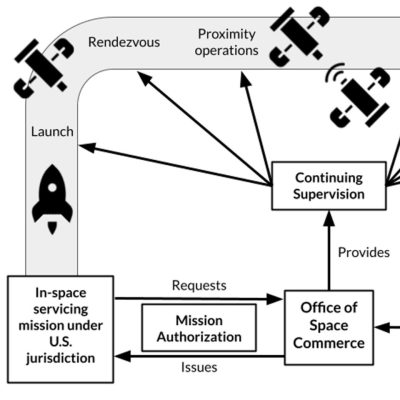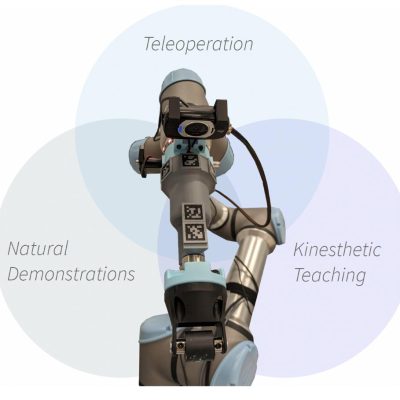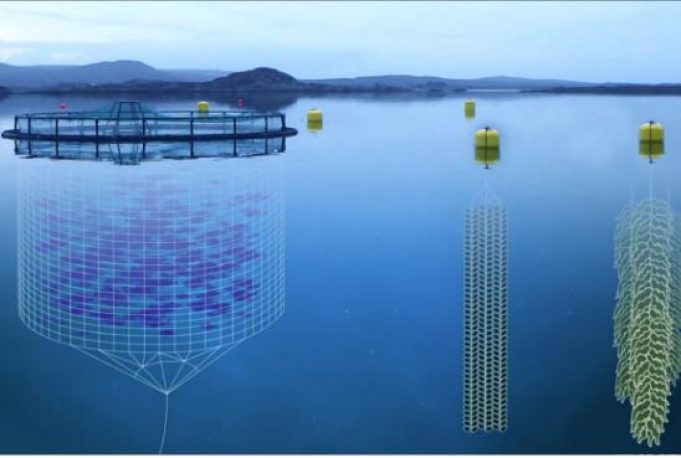
AEROS CubeSat Mission presented at MIT Portugal Program
AeroAstro PhD students Madeline Loui (Sensing, Learning, and Inference group, EECS), Cadence Payne, (STAR Lab), and Annika Thomas (Aerospace Controls Lab) participated in the annual MIT Portugal Program Conference in Braga this September.
The MIT Portugal Program (MPP) is an international collaboration that demonstrates how an investment in science, technology, and higher education can have a positive, lasting impact on the economy. The annual conference brings together researchers, industry experts, and students from MIT and Portugal, focusing on the results of the 7 large-scale collaborative research projects (Flagship Projects) of MPP and how they contribute to the scientific progress of the Portuguese R&D system in strategic areas such as Ocean and Space; Climate Change; Sustainable Cities; and Digital Transformation in Manufacturing.
A key element of the conference is the annual poster session—an opportunity for Portuguese and MIT students to present their projects and findings, learn from one another, and interact with industry members.
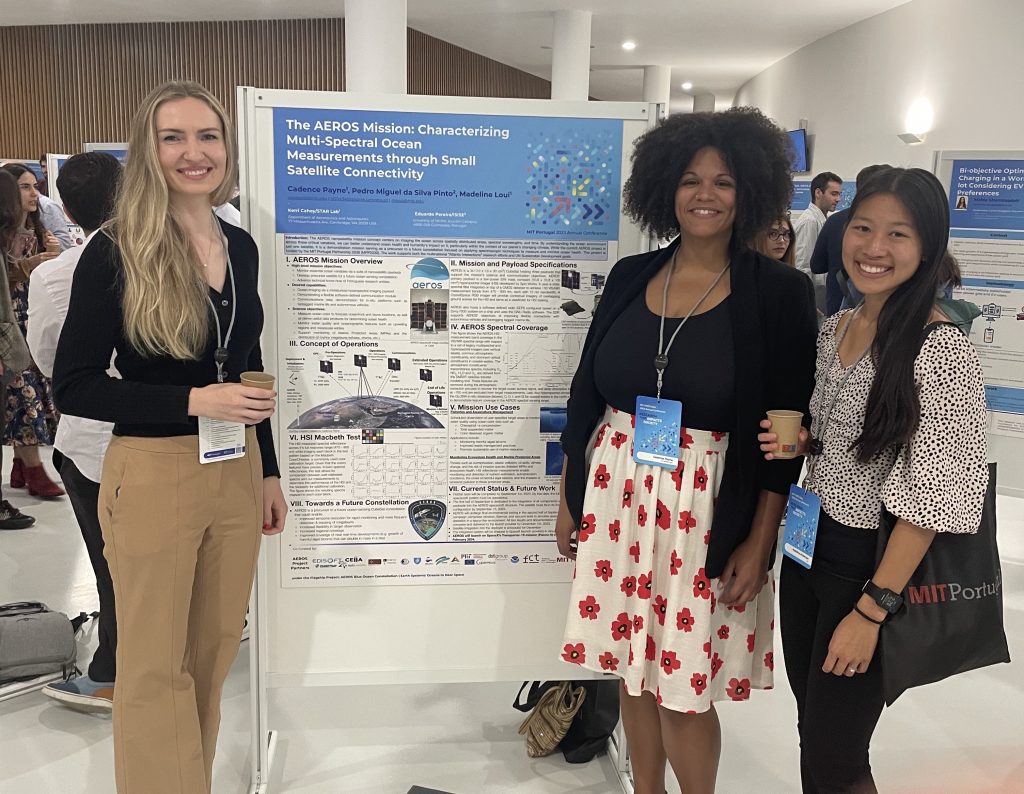
Loui, Payne, and Thomas are part of a research team on a project called AEROS Constellation: a research-industry collaboration aiming to develop and launch Portugal’s first 3U nanosatellite mission that will serve as a precursor to a future ocean-sensing constellation. This mission will apply spectroscopic techniques to measure and monitor ocean health while using a software-defined radio to bridge connectivity between the spacecraft, UAVs, and biologged marine life (e.g. sharks and rays). AEROS Constellation’s objectives support the multinational “Atlantic interactions” research efforts and are aligned with the UN’s Sustainable Development Goals with hopes to deliver tangible scientific and economic value to society via the AEROS data products.
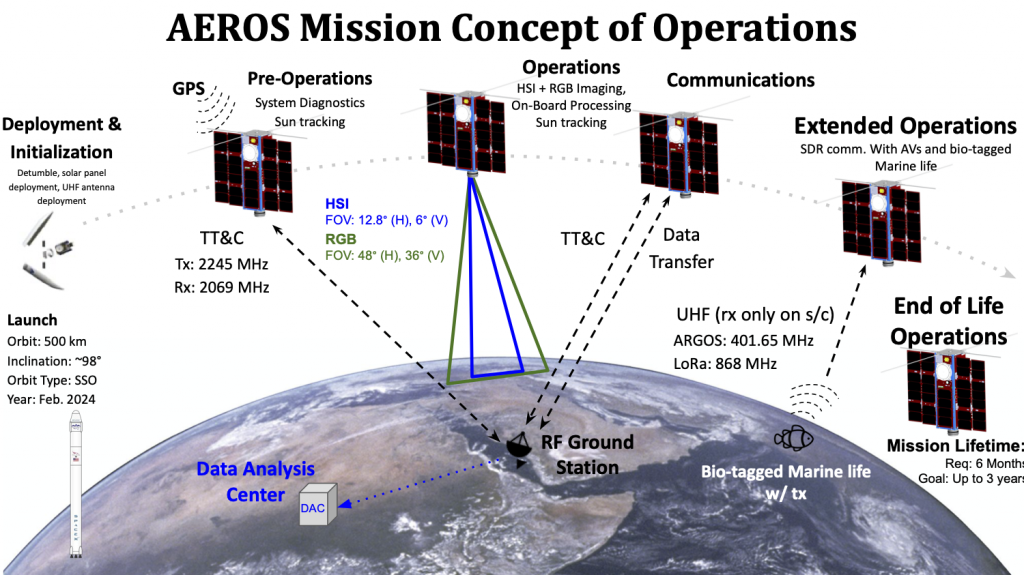
Their poster, co-presented with University of Minho student Pedro Pinto, details the work the team has done over the course of three years, leading up to a planned launch in early 2024 on SpaceX’s Transporter 10.
“I finally got to meet some of my collaborators after 3 years of working with them through COVID,” says Payne, whose involvement in this work was the primary motivator for her PhD dissertation.
